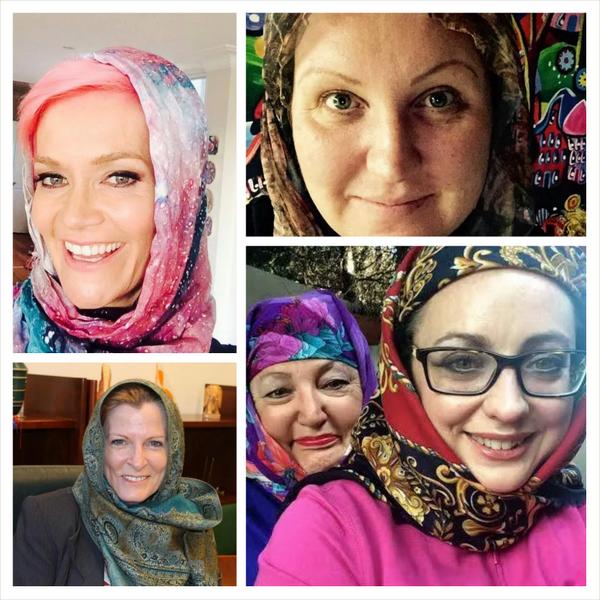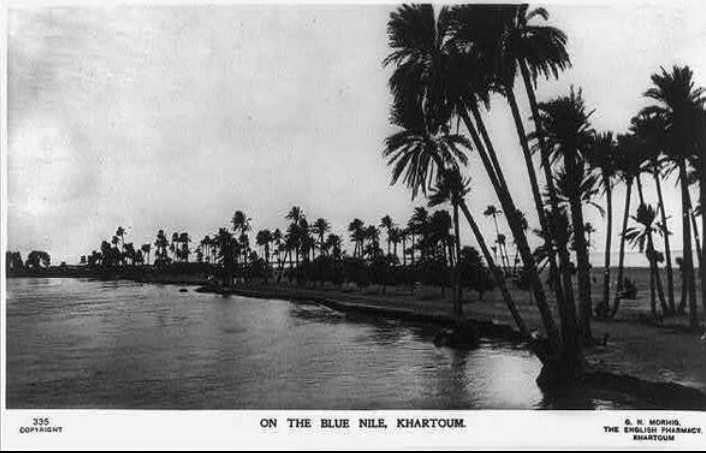Originally written for Westpac's Ruby Connection

'Everybody else was doing it'...
That was the first answer that popped into my head when asked by my parents why, at the ripe old age of 10, I had decided to don the hijab. The first answer, but definitely not the whole story…
***
The hijab is an Islamic head covering and an all-round code of dress that encourages modesty and self respect. A simple piece of fabric and a mindset perhaps, but one that carries connotations and political ramifications beyond what I understood at the time. It is now, 12 years on, it is an irremovable part of my identity and expression as a Muslim, but the decision to wear it is something that is constantly under question.
***
As I attended the local Islamic primary school at the time, the hijab was part of my school uniform. It wasn’t therefore a huge jump; I was already a part-time ‘hijabi’ and this was my conversion to full time. It was the year 2001, and the date I chose for my conversion was November the 10th. Why? It was the federal election, and I wanted to choose an auspicious date just in case I forgot. Forward thinking, always!
I walked to the house door wearing a huge white scarf, wrapped clumsily around my head and shoulders, pinned at the base of my neck. I distinctly remember my father looking at me with slight concern and asking,
“Are you sure you want to do this? This is it?”
“Yes, yes, I am sure”. Off I went…
What I didn’t realise at the time of course, was that I had chosen to wear the hijab in a politically charged environment. It was only a few months after September 11 and Muslims were now sharply visible and constantly in the media. However, wearing the hijab for my 10 year old self wasn’t about political statement or being forced into following a cultural expectation. I believed I had come of age and it was time for me to wear the scarf! Other girls might have wanted to start wearing makeup out or be allowed to date as a way of ‘growing up’; I chose to cover myself.
***
Why? Why do you do it, people ask. Doesn’t the concept oppress women? Don’t you miss the wind in your hair? Don’t you miss wearing a bikini to a beach?
To be perfectly honest, I don’t think I understood the full implications and reasons behind the concept when I made the decision, however I have settled into it with heartfelt conviction.
***
The concept of the hijab is cushioned in the value of modesty and of personal freedom. It means something different to each individual who wears it, that is certain.
For me personally, the hijab is about being judged for who I am rather than what I look like. There is extraordinary freedom in that, especially in a society where a woman’s looks, physicality and beauty are of such ‘importance’.
It is about being visible and proudly so, of my religion and what it stands for.
It is about saving my body and its womanly ways for those who I choose to see it (i.e. the eventual husband! Women, children and family are also allowed the hijab-less experience. The idea is to be covered from those who are marriageable).
That is not to say that those who don’t wear the hijab or choose to interpret it differently are any lesser, let me make that point clear. We tend to get very defensive about personal choices such as dress. I have respect for every woman’s choice, and that respect is the basis of all interaction. This is just how I choose to express myself.
***
Yes, some versions of hijab, such as the Burqa, are used as tools of oppression and invisibility in places such as Afghanistan. However, this is not the case around the world! Particularly in the West, those who choose to wear the hijab are most often following a personal choice and conviction. For some, it is their way of becoming closer to God (Allah), forgoing the material obsessions of this world. For others, it is about public expression as a Muslim. The reasons are as many and as varied as the women themselves.
In fact, the concept of wanting to ‘free’ the ‘oppressed’ covered woman is insulting to the personal choice being made. It is presumptuous; assuming that one idea of freedom of expression is socially acceptable. If it strays from such a path, it clearly must be backward and oppressive, right?
Women do not give up their voice and their thoughts when they choose to wear the hijab.
In fact, part of its intention was to give woman more agency and capacity to interact in a society, taking out the judgement of beauty.
I personally find it freeing, and it allows me to be more creative with my outfits!
***
So when you ask if me and my hijabi sisters are oppressed, I’ll likely just cock my eyebrow at you.
Who was it that won the Nobel Peace Prize in 2011? Three women, all who were covered when they received their awards.
That’s what I thought.
Let’s move away from the conversation of being ‘saved’. There are thousands of more constructive dialectics to be had – ones were hijabed women are partners rather than mere silent victims.
Isn’t it ironic that in the very act of ‘saving’ women from oppression silences them?






























